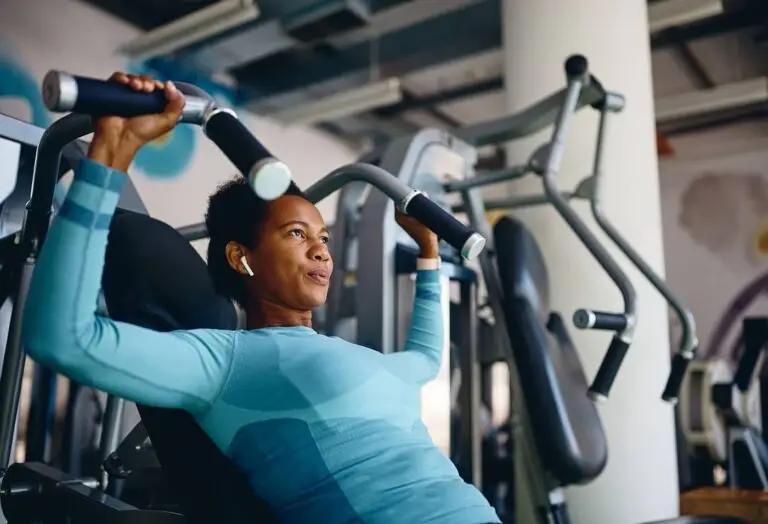Cancer’s impact isn’t just measured in diagnoses or deaths — it’s measured in the strength it steals. Strength of body. Strength of mind. Strength of spirit.
Every year, millions around the world are handed a diagnosis that changes everything. Cancer is now the second-leading cause of death globally, and in countries like Jamaica, the fight is even harder, where access to advanced treatments isn’t guaranteed. But alongside medicine and technology, there’s a tool within reach of every patient: movement.
The Silent Damage: How Cancer Treatment Weakens the Body
Chemotherapy is one of the most powerful weapons we have against cancer — but it doesn’t aim carefully. It attacks fast-dividing cells everywhere, including the healthy ones. The result? Severe fatigue, muscle wasting, heart strain, and mental battles with depression and anxiety.
Many patients find themselves caught in a dangerous loop: too tired to move, and yet the lack of movement only deepens their exhaustion. This phenomenon, called deconditioning, silently strips away the body’s natural resilience.
Why Moving Matters — Even When It Feels Impossible
Exercise after a cancer diagnosis isn’t about vanity. It’s survival strategy.
Evidence shows that simple, consistent movement can:
- Restore cardiovascular health
- Rebuild lost muscle and bone strength
- Improve balance and reduce falls
- Sharpen mental focus and lift depression
- Boost the immune system’s ability to defend against future illness
More importantly, it gives patients back something priceless: a sense of control over their own bodies.
How to Start: The Three Pillars of Cancer Recovery Exercise
1. Start Small
Forget the gym. Recovery begins with small acts — a slow walk, a gentle stretch, a few deep breaths. The goal isn’t to break records, it’s to reconnect the mind and body.
2. Stay Consistent
Movement should be like medicine: taken daily. Even 10–15 minutes a day can spark major gains over time.
3. Build Strength Slowly
As energy returns, introducing light resistance — bodyweight exercises, resistance bands — can prevent future injuries and empower independence.
Always consult a healthcare provider before beginning any exercise programme.
Jamaica’s Challenge — and Opportunity
In developed nations, cancer patients benefit from entire teams of physiotherapists, exercise physiologists, and tailored rehabilitation programs. Jamaica must start building the same future.
By integrating exercise into national cancer care — even through community centers or mobile fitness programs — we can lighten the burden on hospitals, improve quality of life, and give survivors the tools they need to rebuild stronger than before.
A New Mindset: Movement Is Medicine
A cancer diagnosis changes everything. But it shouldn’t mean surrender. Movement reminds patients that they are still alive, still fighting, and still capable of writing the next chapter of their lives — on their terms.
Because cancer may change your body, but it doesn’t have to define your story.






